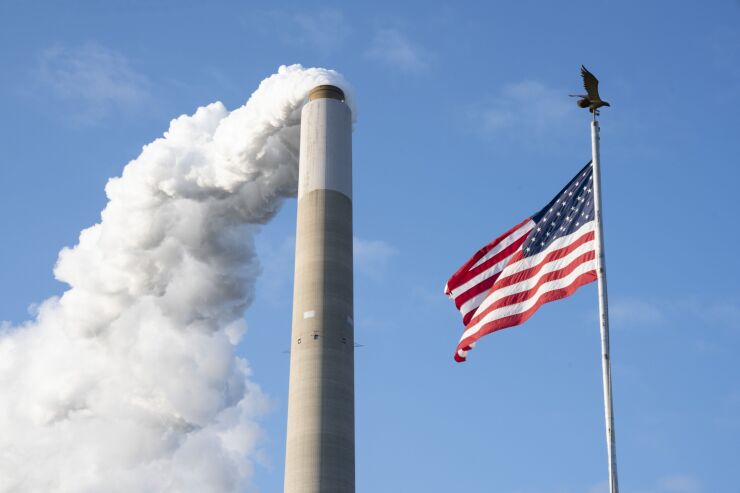
In April, a tornado ripped through the offices of a community organization I founded back in 2020, tearing the roof off and destroying a place which has been a sanctuary to many in the Lake Charles area of Louisiana. Low-income folks facing hardship, often from Black and brown backgrounds, were able to turn to the Vessel Project for food and financial assistance. Many found their way to our door because of
The
For this reason I was utterly struck when I came across reports of a
It must be nice to not know what the risks of climate change are, and clearly if you're the CEO of a Wall Street bank or the chairman of the Federal Reserve you get to live in an ivory tower far from the danger and despair. But my community and I don't have that luxury, nor do millions of people across the U.S.
The folks my organization supports in fact face so much risk it's difficult to know where to start. Their homes and livelihoods are being destroyed by extreme weather, and at the same time they live in an area where the air and water is polluted because they are surrounded by the very industries causing the wider problem.
If they try to get insurance for their homes, cars or businesses, the premiums are either skyrocketing or they are told the risk is just too great and that they can't get coverage. Now hundreds of people we help at the Vessel Project are being dislocated by the devastation of our offices at the hands of the latest extreme weather event. We still help folks but have to move our assistance and community meetings to different locations while we try to rebuild. It saddens me to think some folks won't get the help they need because of the disruption.
Despite this there has been a glimmer of hope, not from any homegrown institution but from across the water: Two major European banks,
The Federal Reserve Thursday released a report on its climate scenario analysis pilot assessing the impact of climate change on big bank portfolios and found that loan defaults could increase as a result of climate events and shifts toward a lower carbon economy.
In addition to the move by Crédit Agricole and BNP, in February U.K. bank Barclays announced it will no longer fund new oil-and-gas projects directly or, as of January 2025, clients which are wholly dependent on oil and gas. This follows a similar move by HSBC and an announcement by Danske Bank that it would stop financing oil-and-gas expansion.
But while European banks and their regulators are beginning to react to the risk crisis, U.S. banks and regulators are ignoring the alarm bells.
U.S. banks are doubling down with their friends in the fossil fuel lobby and its political operatives by backtracking on already piecemeal progress. Bank of America
U.S. banking regulators are letting American families down badly by acknowledging that climate is a risk but refusing to do much about it. The banks continue to do what banks do and when the risks eventually catch up with them, they will again cry to the taxpayers that they need a bailout.
Questions must be asked as to who exactly a system like this serves, because it is certainly not meeting the needs of communities like mine or those affected by extreme weather.






